AARP Hearing Center

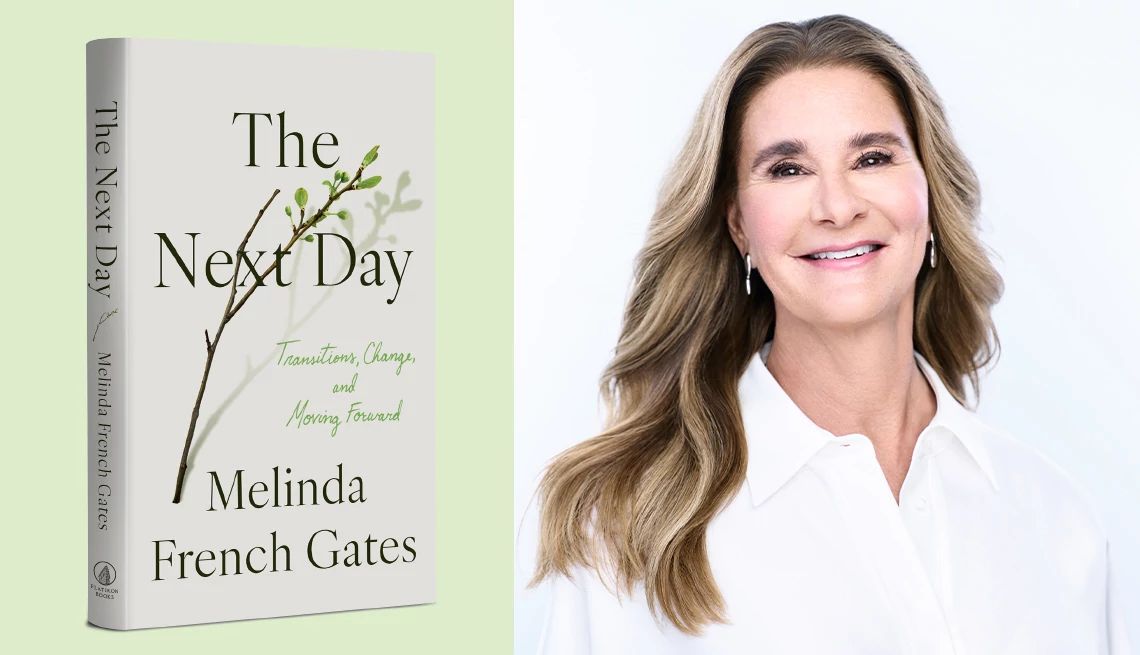
Melinda French Gates, 60, has had a remarkable life — from her early days working as a computer scientist and manager at Microsoft back when women were rare in the field, to marrying the company’s cofounder, Bill Gates, and later joining him to helm the Bill and Melinda Gates Foundation, the philanthropic powerhouse focused on global health that they launched in 2000.
But, like anyone’s life, hers has been marked by sometimes difficult changes. She decided to end her marriage, leading to her divorce from Bill in 2021; and last year she left their foundation to target her efforts toward the cause closest to her heart: improving women’s health, power and well-being in the U.S. and across the globe. She’s pledged a whopping $2 billion to help do so.
Now a grandma and an empty nester (she has three adult children and two young granddaughters), Gates has come out with The Next Day: Transitions, Change, and Moving Forward (April 22), a book that’s part memoir and part inspirational guide, highlighting seven pivotal moments in her life and the wisdom she gained from each.
The message to readers? That change is inevitable. “The good news,” Gates writes, “is that these moments of transition can be important opportunities for discovery and growth — in part because they demand often difficult, but ultimately incredibly valuable, inner work.”

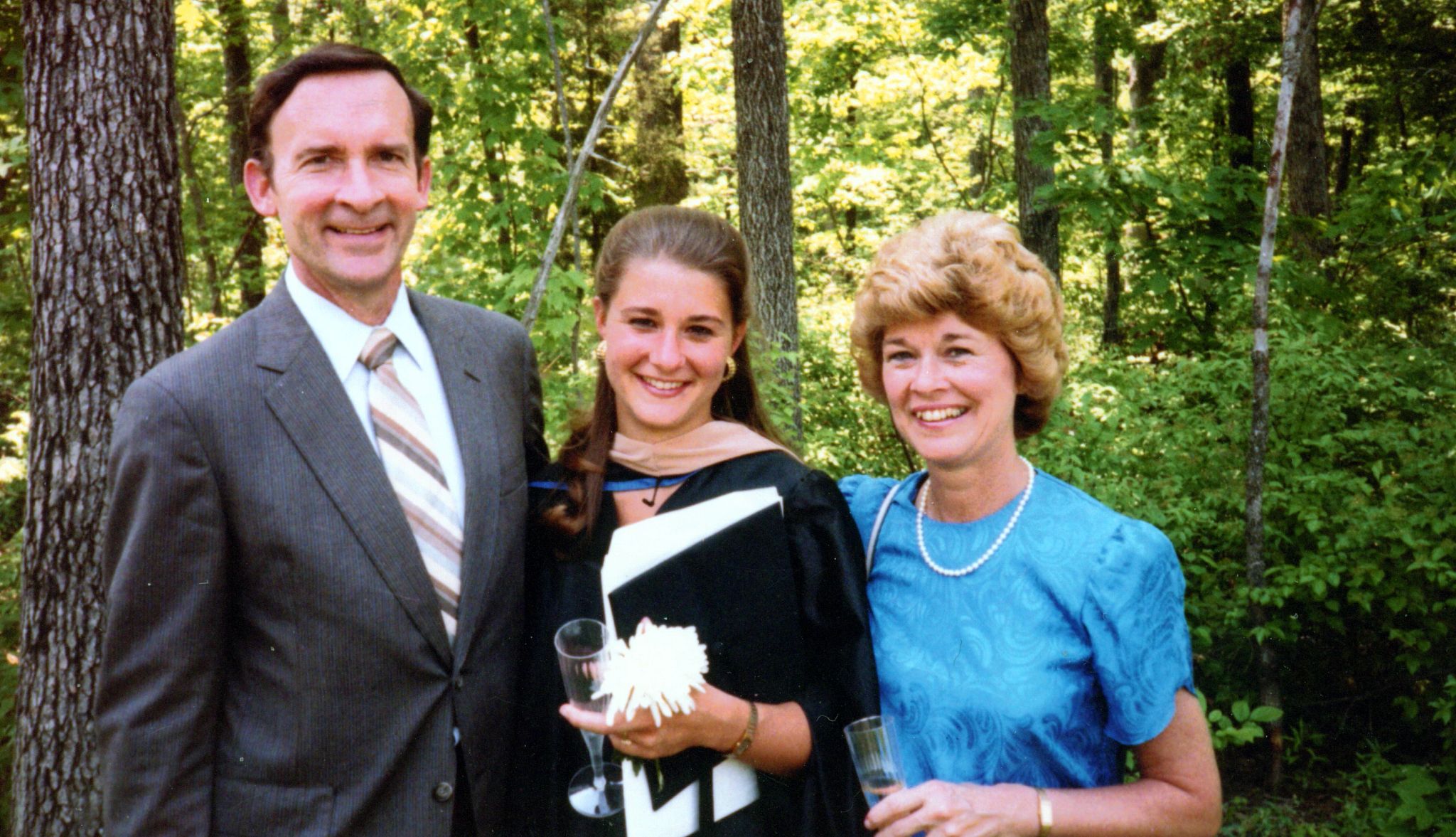
Thoughtful and reflective, she quotes poems, describes how her beloved friends keep her grounded, and how meditation helped her learn to hear and listen to her inner voice during tough transitions.
Gates talked to AARP from her home in Seattle about the book, leaving the foundation (and Bill), being a grandmother, and more.
What inspired you to write this book now?
I was lucky enough to be asked to do the Stanford [University] commencement speech last June, and when I met with the class presidents to get their input on what they’d want me to talk about in the speech, they said, “We feel like so many of our peers here are on one track. They’re studying one field, or they’re getting a degree in something and thinking they’re just going to keep going on that track, maybe for 20 years. Could you talk a little bit about leaving some opening for change?” And I thought, Oh, I definitely have something to say about that. So I did the speech, and then I realized there was a lot more I wanted to say on the subject.

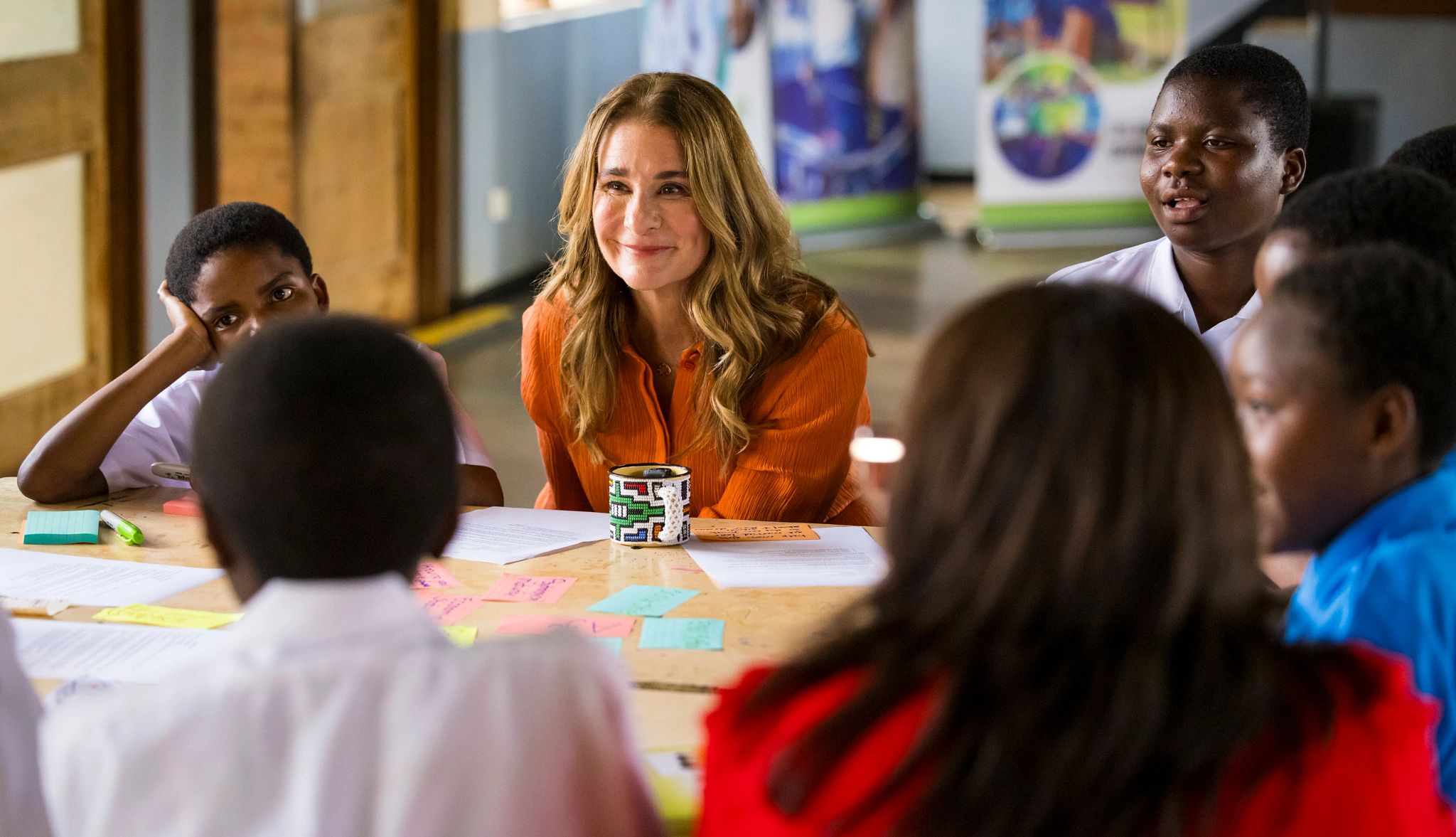
What is the big takeaway from your book?
The real point of the book is that we should stop in what I call that clearing between when you leave one thing — whether it’s college or a career or somebody passes away — and jumping to the next activity or event or job. There’s a huge amount to learn in that wide-open space. Listen to your inner voice during that time. Surround yourself with other people who are living their values and who you can have a trusted relationship with, because they’ll also help you find your inner voice and nurture it.

































































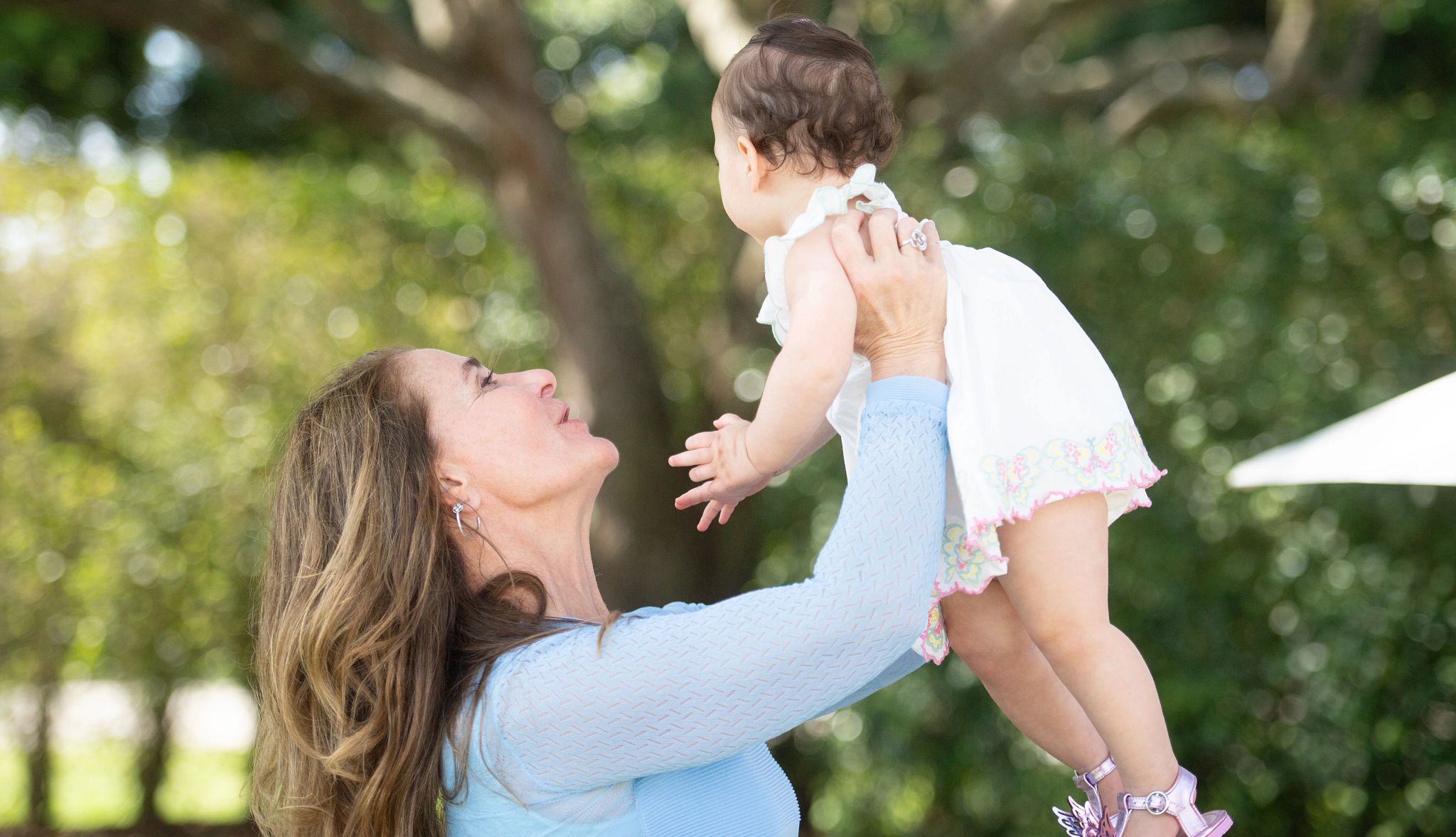


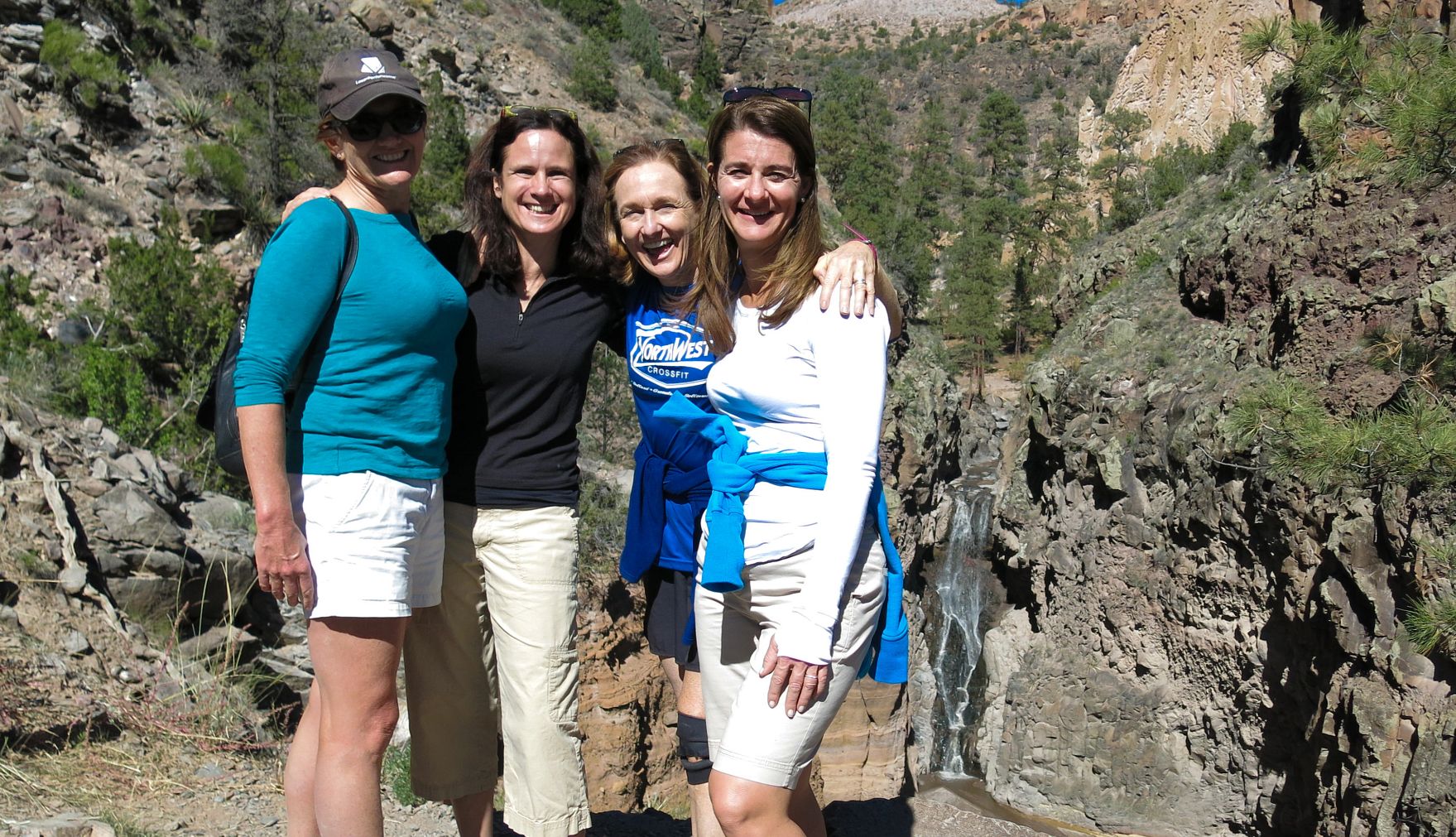

You Might Also Like
At 63, Forest Whitaker Finds the Keys to Life’s 'Good Places'
The Oscar winner unlocks joy through diverse screen roles and deep family connections
The Woman They Call When a Church Statue Falls
When Sheila Lehman’s priest sought her help fixing a broken Madonna, the craft became a calling
Helen Mirren, 79, Leans Into the 'Constant Learning Curve' of Life
She's making her 70s one of the most creative periods of her career